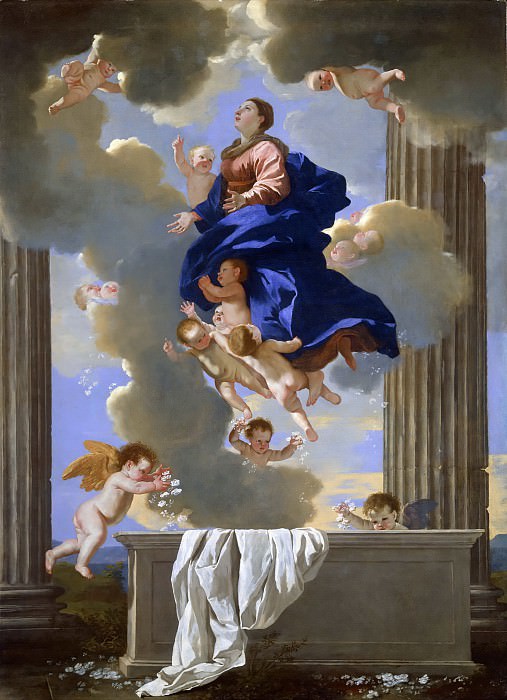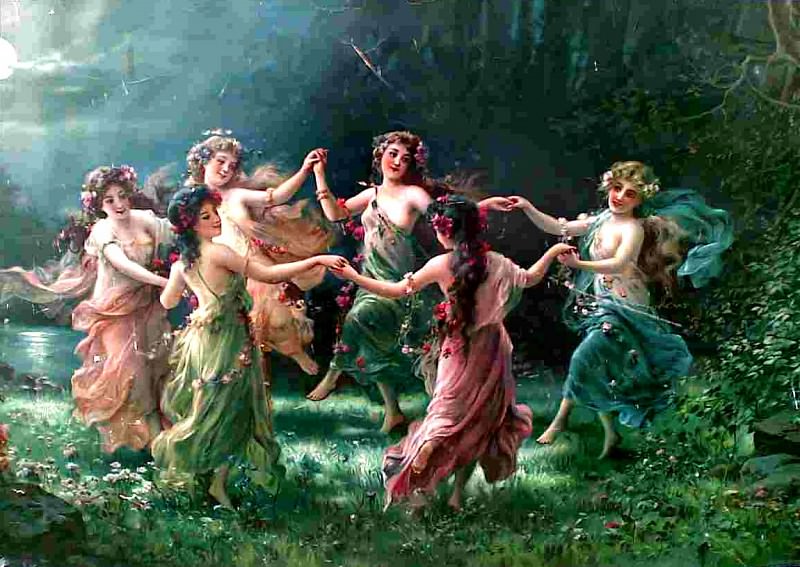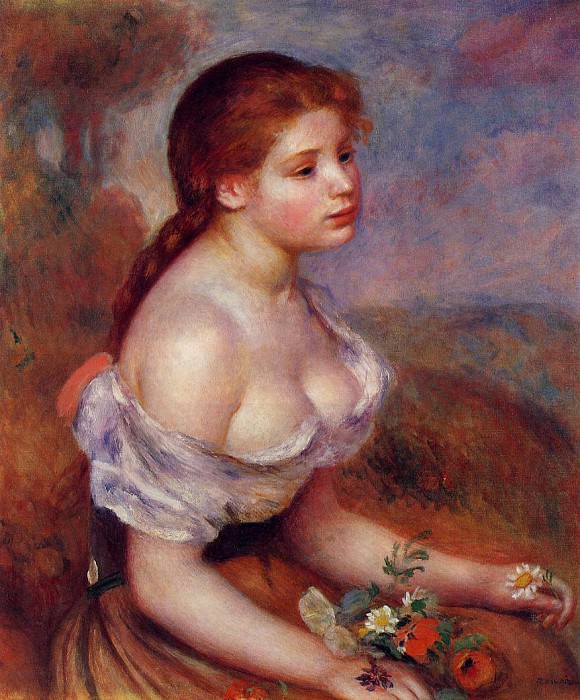Exploring the Unique World of Raymond Pettibon Art
Raymond Pettibon is a pivotal figure in contemporary art, known for his distinctive visual style that combines illustration, text, and commentary in a manner that is both provocative and intellectually engaging. Pettibon's work is characterized by its stark black-and-white aesthetic, often featuring hand-drawn images accompanied by textual elements that challenge and provoke thought. His art, deeply embedded in American pop culture, offers a unique lens through which to view society, politics, and personal identity.
Pettibon’s career began in the late 1970s, an era that saw a burgeoning of artistic experimentation and cross-disciplinary approaches. His initial forays into art were largely influenced by the punk rock scene in Los Angeles, where he created album covers and fliers for various bands. This early work was marked by a raw, unpolished quality that would come to define much of his later art. His illustrations, often accompanied by biting, ironic text, reflect his keen observations on the cultural and political landscape of his time.
One of the defining features of Pettibon's art is his ability to juxtapose seemingly disparate elements to create a cohesive narrative or commentary. His drawings frequently incorporate elements of popular culture, historical references, and personal reflections, all rendered in a style that is both immediately recognizable and endlessly versatile. The use of text in his art is particularly notable; Pettibon often employs it to provide context, enhance meaning, or introduce an ironic twist that invites viewers to question their assumptions.
A significant aspect of Pettibon’s work is its engagement with themes of power, control, and rebellion. His art frequently addresses the complexities of societal structures and the individual's place within them. Through his depictions of figures from various walks of life—whether they are historical figures, celebrities, or everyday people—Pettibon critiques the nature of authority and the ways in which it is contested. This thematic exploration is often underscored by his use of stark, graphic imagery that conveys a sense of urgency and intensity.
Pettibon's relationship with text is particularly intriguing. His handwritten inscriptions, which often appear alongside his drawings, serve multiple purposes. They can function as direct commentary, offer cryptic observations, or introduce a narrative that complicates the visual elements of the piece. This interplay between image and text creates a dynamic that engages viewers on both an intellectual and emotional level, prompting them to consider the broader implications of the work.
Throughout his career, Pettibon has maintained a distinctive approach to his craft, resisting conventional trends and remaining true to his unique vision. His art has evolved over the decades, reflecting shifts in his own perspectives as well as changes in the broader cultural landscape. Yet, despite these shifts, his core themes and stylistic elements have remained remarkably consistent. This continuity speaks to the strength and coherence of his artistic vision.
In examining Pettibon's contributions to the art world, it is impossible to overlook his influence on subsequent generations of artists. His innovative approach to blending text and imagery has paved the way for new forms of visual storytelling and has inspired a wide range of artistic practices. Pettibon's work continues to resonate with audiences, both for its aesthetic qualities and for its capacity to provoke thought and discussion.
The impact of Raymond Pettibon’s art extends beyond the confines of traditional galleries and museums. His work has been featured in numerous exhibitions and collections around the world, and his influence can be seen in a variety of media, including music, literature, and film. Pettibon's ability to traverse different cultural spheres and engage with a diverse audience speaks to the universal relevance of his work.
In exploring Pettibon's art, viewers are invited to confront their own perspectives and question the narratives they encounter. His use of stark, provocative imagery and incisive text challenges conventional ways of seeing and understanding the world. This engagement with critical themes and complex ideas ensures that Pettibon's work remains a vital and compelling part of contemporary artistic discourse.
Raymond Pettibon's art is a testament to the power of visual expression and its capacity to communicate profound ideas. Through his innovative use of imagery and text, Pettibon has created a body of work that is both challenging and engaging, offering viewers a unique perspective on the world around them. His contributions to contemporary art continue to be celebrated and examined, solidifying his place as a significant and influential artist in the modern era.
Raymond Pettibon is a pivotal figure in contemporary art, known for his distinctive visual style that combines illustration, text, and commentary in a manner that is both provocative and intellectually engaging. Pettibon's work is characterized by its stark black-and-white aesthetic, often featuring hand-drawn images accompanied by textual elements that challenge and provoke thought. His art, deeply embedded in American pop culture, offers a unique lens through which to view society, politics, and personal identity.
Pettibon’s career began in the late 1970s, an era that saw a burgeoning of artistic experimentation and cross-disciplinary approaches. His initial forays into art were largely influenced by the punk rock scene in Los Angeles, where he created album covers and fliers for various bands. This early work was marked by a raw, unpolished quality that would come to define much of his later art. His illustrations, often accompanied by biting, ironic text, reflect his keen observations on the cultural and political landscape of his time.
One of the defining features of Pettibon's art is his ability to juxtapose seemingly disparate elements to create a cohesive narrative or commentary. His drawings frequently incorporate elements of popular culture, historical references, and personal reflections, all rendered in a style that is both immediately recognizable and endlessly versatile. The use of text in his art is particularly notable; Pettibon often employs it to provide context, enhance meaning, or introduce an ironic twist that invites viewers to question their assumptions.
A significant aspect of Pettibon’s work is its engagement with themes of power, control, and rebellion. His art frequently addresses the complexities of societal structures and the individual's place within them. Through his depictions of figures from various walks of life—whether they are historical figures, celebrities, or everyday people—Pettibon critiques the nature of authority and the ways in which it is contested. This thematic exploration is often underscored by his use of stark, graphic imagery that conveys a sense of urgency and intensity.
Pettibon's relationship with text is particularly intriguing. His handwritten inscriptions, which often appear alongside his drawings, serve multiple purposes. They can function as direct commentary, offer cryptic observations, or introduce a narrative that complicates the visual elements of the piece. This interplay between image and text creates a dynamic that engages viewers on both an intellectual and emotional level, prompting them to consider the broader implications of the work.
Throughout his career, Pettibon has maintained a distinctive approach to his craft, resisting conventional trends and remaining true to his unique vision. His art has evolved over the decades, reflecting shifts in his own perspectives as well as changes in the broader cultural landscape. Yet, despite these shifts, his core themes and stylistic elements have remained remarkably consistent. This continuity speaks to the strength and coherence of his artistic vision.
In examining Pettibon's contributions to the art world, it is impossible to overlook his influence on subsequent generations of artists. His innovative approach to blending text and imagery has paved the way for new forms of visual storytelling and has inspired a wide range of artistic practices. Pettibon's work continues to resonate with audiences, both for its aesthetic qualities and for its capacity to provoke thought and discussion.
The impact of Raymond Pettibon’s art extends beyond the confines of traditional galleries and museums. His work has been featured in numerous exhibitions and collections around the world, and his influence can be seen in a variety of media, including music, literature, and film. Pettibon's ability to traverse different cultural spheres and engage with a diverse audience speaks to the universal relevance of his work.
In exploring Pettibon's art, viewers are invited to confront their own perspectives and question the narratives they encounter. His use of stark, provocative imagery and incisive text challenges conventional ways of seeing and understanding the world. This engagement with critical themes and complex ideas ensures that Pettibon's work remains a vital and compelling part of contemporary artistic discourse.
Raymond Pettibon's art is a testament to the power of visual expression and its capacity to communicate profound ideas. Through his innovative use of imagery and text, Pettibon has created a body of work that is both challenging and engaging, offering viewers a unique perspective on the world around them. His contributions to contemporary art continue to be celebrated and examined, solidifying his place as a significant and influential artist in the modern era.













